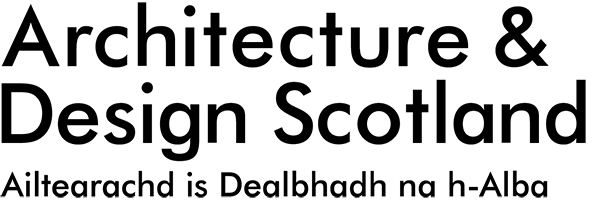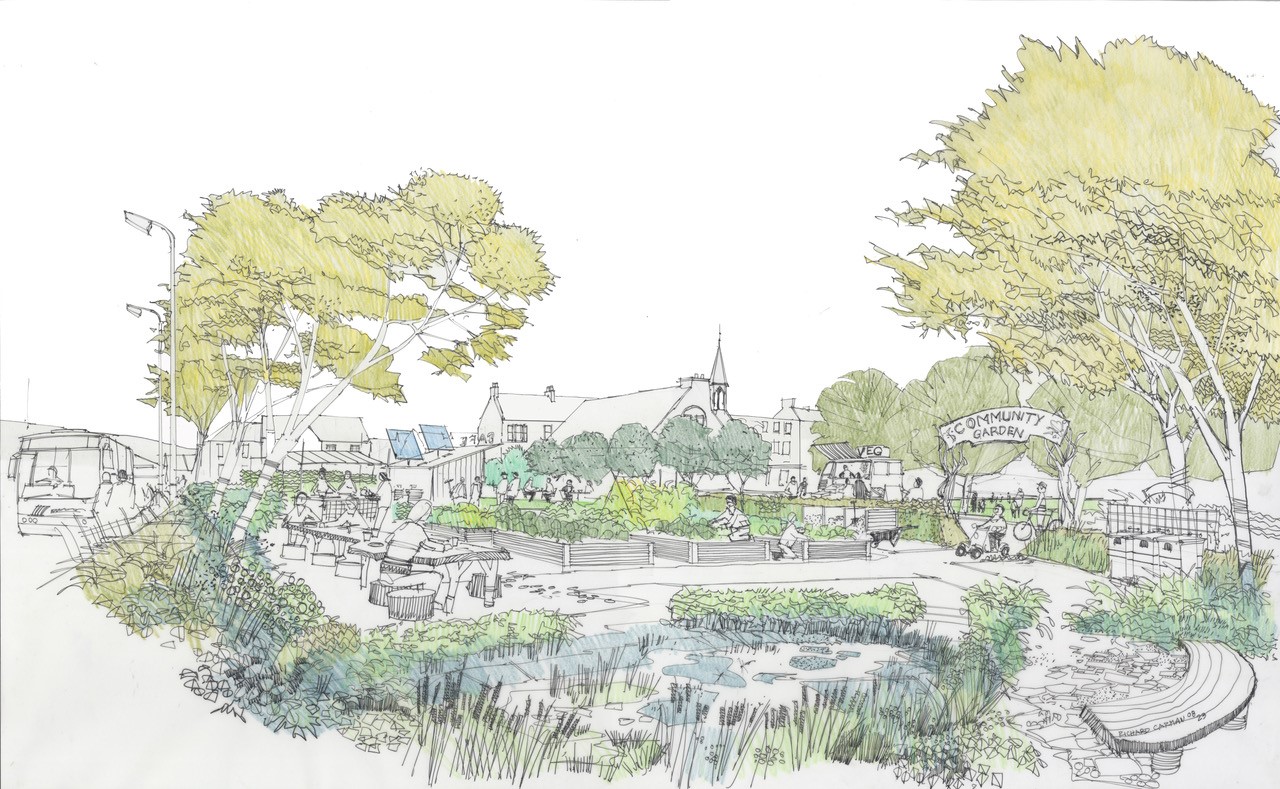Communities involved in the Climate Action Towns project came together for an online Gathering, to meet and hear about three successful climate action projects from across Scotland. This was a follow up to previous successful Gathering events in May 2023 and November 2022.
The aim of these events is to connect those who are working in their individual towns to be able to reflect on the work they are doing, hear inspiring examples of work happening elsewhere, and to share their own experiences.
“It was very useful [for me] to improve my understanding and awareness of climate action based projects”
At this online workshop, Linlith-Go-Solar, Community Carrot and Radio City Association presented their projects, which look at a range of climate action approaches - including generating a community energy supply and creating a sustainable food hub.
For further information about these projects, check out Principles 3, 4 and 6 on our Inspiring Projects resource, where you can also read about many more.
In the links below, Linlith-Go-Solar and Community Carrot tell us more about their climate action work in Linlithgow and Dunbar.
Two stories of successful climate action projects
“By working collaboratively, […] sites which wouldn’t have been economically sustainable on their own [to install sustainable technologies] were able to be included” Neil Barnes, Voluntary Trustee for Linlithgow Community Development Trust
Linlith-Go-Solar is a community energy enterprise, developed and hosted by the Linlithgow Community Development Trust. They kickstarted a project to utilise Solar Photovoltaic power to reduce carbon emissions and energy costs for local community sports clubs. It also gave people an opportunity to invest in ethical community bonds to build assets that deliver additional community benefits. Such additional benefits include a Linlithgow Academy STEM project, energy awareness events, community and environmental initiatives.
Funds were generated locally through a community bond in partnership with Scottish Communities Finance Ltd, which generated some external interest leading to additional part capital funding from Local Energy Scotland and Scottish Power Energy Networks’ Green Economy. This supported a second phase of funding matched by a 2nd community bond.
Five solar energy systems were installed across four buildings by a local company. A key benefit of this community-friendly approach is that solar electricity prices can be kept at a lower rate than via the grid and energy providers. Solar use is monitored by a remote web-based system, which advises on how to maximise the usage of the solar electricity and hence savings to the clubs, whilst helping reduce overall energy demand in the buildings.
By working across a number of sites, and working collaboratively with the Development Trust, buildings which wouldn’t have been economically sustainable to install the new technology on their own (nor the ability to repay the capital bonds) could be included. This collaboration has delivered benefits across the community!
However, the team involved in this project have highlighted that the development of community-owned energy systems is incredibly difficult if you don’t have paid, dedicated full-time staff. Even without great support from other agencies, volunteers can burn out. There is a large volume of administrative red tape which can often overwhelm and feel unsustainable without local workers.
Despite the challenges faced, locally-owned energy generation and storage systems, and the wider community benefits, are a great way to enhance community wealth building and help in the regeneration of our towns and villages.
At the heart of Dunbar High Street, the Community Carrot emerged from the near closure of the local Crunchy Carrot greengrocer, after a group of customers came together to explore buying the shop and running it as a community owned enterprise.
Their ethos was to develop a strong social, ethical and environmentally friendly focus, source local where possible, and offer support to Dunbar’s food and environmental sustainability community projects.
A community shares offer was launched which raised considerable funds, which on top of a sizeable grant from the Scottish Land Fund, enabled the group to purchase the shop premises, the business and stock. Additionally, it funded a Development Officer for over a year, and a provided a small amount of working capital. The shop is now owned by around 600 shareholders.
The enterprise now have an electric van, an e-cargo bike and a refillery section. They source locally, and hyper-locally, as much as possible – from community gardens, market gardens and local farms. Packaging impact is reduced as much as possible, and the Development Office runs food projects that major on reducing food waste. Additionally there is food outreach work including a weekly community meal, and children’s cooking classes. The shop continues to be a thriving community hub.
“I found it useful to get an idea of what kind of projects are being delivered that have an impact on local people within their communities and the environment, [as well as] what kind of successes and barriers they have come up against”
Find out more about our Climate Action Towns project
Our work across nine towns in Scotland aims to support the delivery of relevant, place appropriate climate actions. We are doing this by working within each town to co-design the priorities of each place, identify opportunities, build capacity and support, and enable collaborations.
Coming soon we will be publishing our learnings from this three year project!
Header illustration credit: Richard Carman

